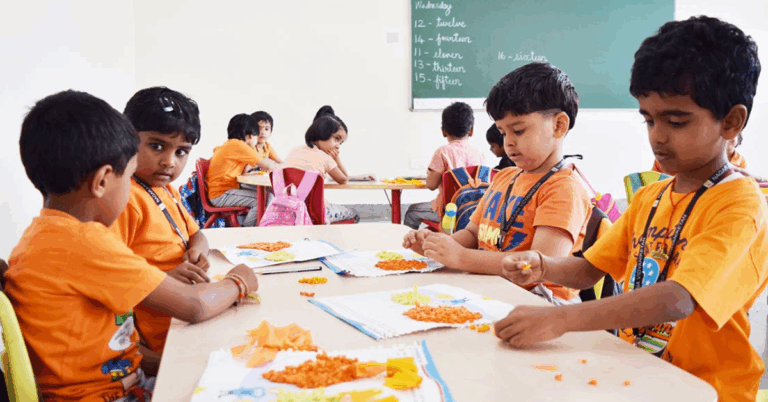Promoting Civic Engagement through Curriculum Development: Diamondexch999 login, Sky exchange sign up, Diamondexch999
diamondexch999 login, sky exchange sign up, diamondexch999: Promoting Civic Engagement through Curriculum Development
In today’s rapidly changing world, promoting civic engagement among youth is more critical than ever. With rising social and environmental challenges, it is essential to equip the next generation with the knowledge and skills they need to become active and responsible citizens. One powerful way to achieve this is through curriculum development in educational institutions.
Curriculum development plays a crucial role in shaping the learning experiences of students. By incorporating civic engagement principles into the curriculum, educators can inspire students to become proactive members of their communities and contribute positively to society. Here are some key strategies for promoting civic engagement through curriculum development:
1. Embedding Civic Education in Core Subjects
One effective approach is to integrate civic education into core subjects such as social studies, history, and language arts. By exploring real-world issues and encouraging critical thinking, students can develop a deeper understanding of civic responsibility and social justice.
2. Incorporating Service Learning Opportunities
Service learning provides students with hands-on experiences that allow them to apply classroom knowledge to real-life situations. By partnering with local organizations and community groups, schools can offer students opportunities to engage in meaningful service projects that address community needs.
3. Encouraging Active Citizenship
Encouraging students to participate in local government processes, such as community meetings and volunteering for campaigns, can help them understand the importance of civic engagement. By giving students a voice in decision-making processes, educators can empower them to become active participants in society.
4. Fostering Dialogue and Debate
Creating a classroom environment that encourages open dialogue and respectful debate can help students develop critical thinking skills and learn how to engage with diverse perspectives. By discussing current events and controversial issues, educators can help students become informed and active citizens.
5. Providing Experiential Learning Opportunities
Experiential learning opportunities, such as field trips, simulations, and role-playing activities, can help students understand complex civic concepts in a hands-on way. By immersing students in real-world scenarios, educators can deepen their understanding of civic engagement and inspire them to take action.
6. Collaborating with Community Partners
Collaborating with community partners, such as local government agencies, nonprofit organizations, and businesses, can enrich students’ learning experiences and provide them with valuable insights into civic engagement. By connecting students with external experts and resources, educators can broaden their understanding of civic issues and inspire them to make a difference in their communities.
By integrating these strategies into curriculum development, educators can cultivate a culture of civic engagement and empower students to become active and responsible citizens. Together, we can inspire the next generation to create positive change and build a more just and equitable society.
FAQs
Q: How can schools ensure that civic engagement is prioritized in curriculum development?
A: Schools can prioritize civic engagement by collaborating with community partners, providing service learning opportunities, and embedding civic education in core subjects.
Q: What are some examples of successful civic engagement initiatives in schools?
A: Successful civic engagement initiatives in schools include student-led campaigns, service learning projects, and partnerships with local organizations.
Q: How can educators measure the impact of civic engagement programs on students?
A: Educators can measure the impact of civic engagement programs on students through assessments, surveys, and reflection activities that capture students’ learning and growth in civic knowledge and skills.







